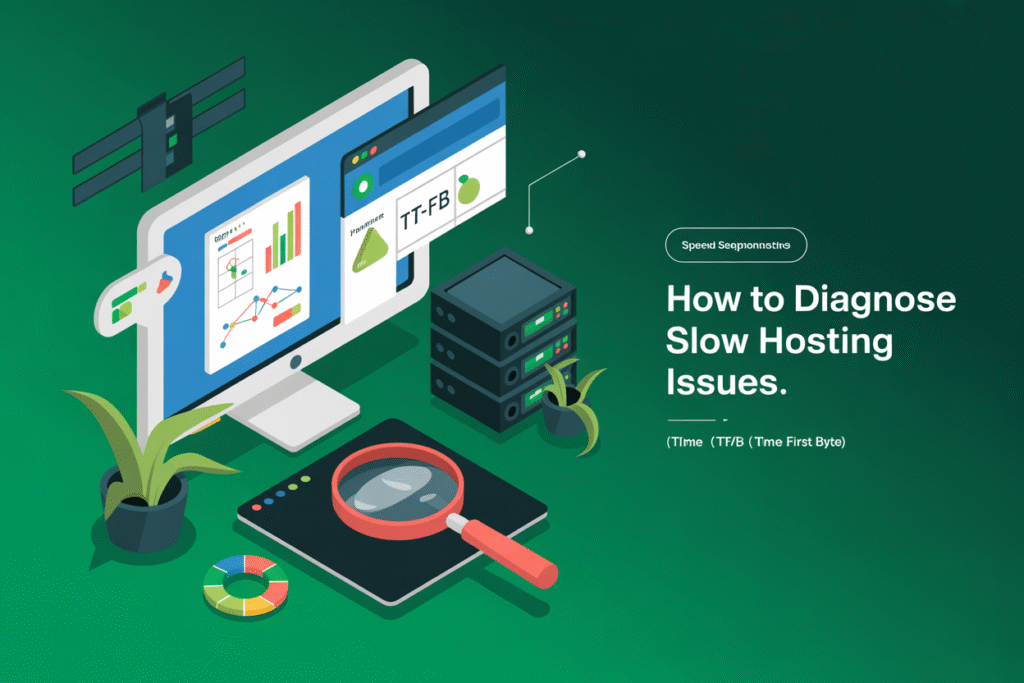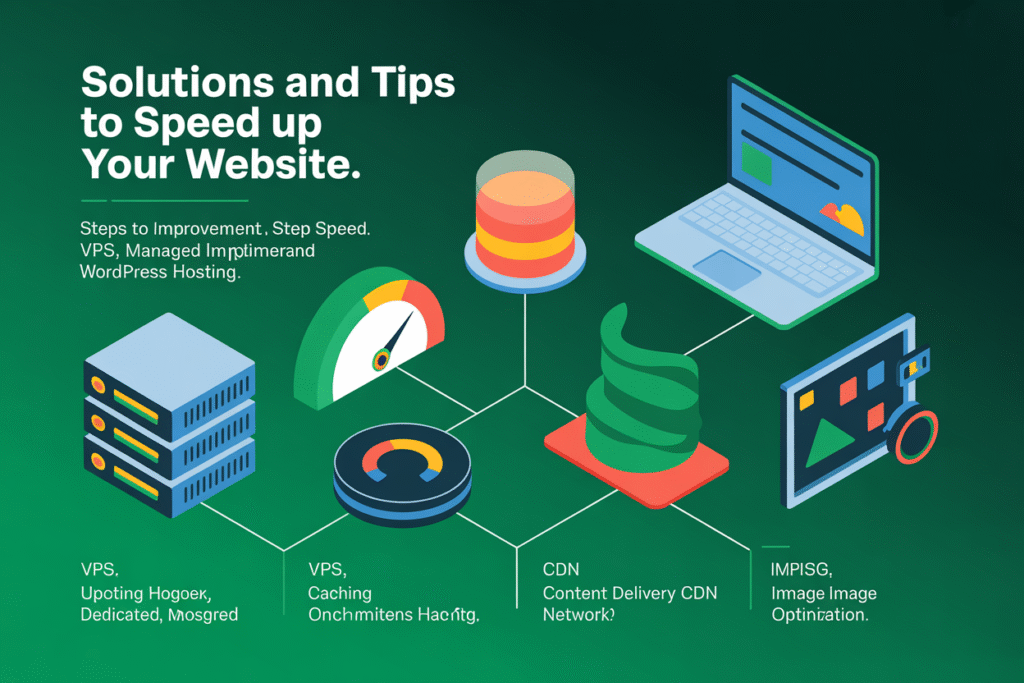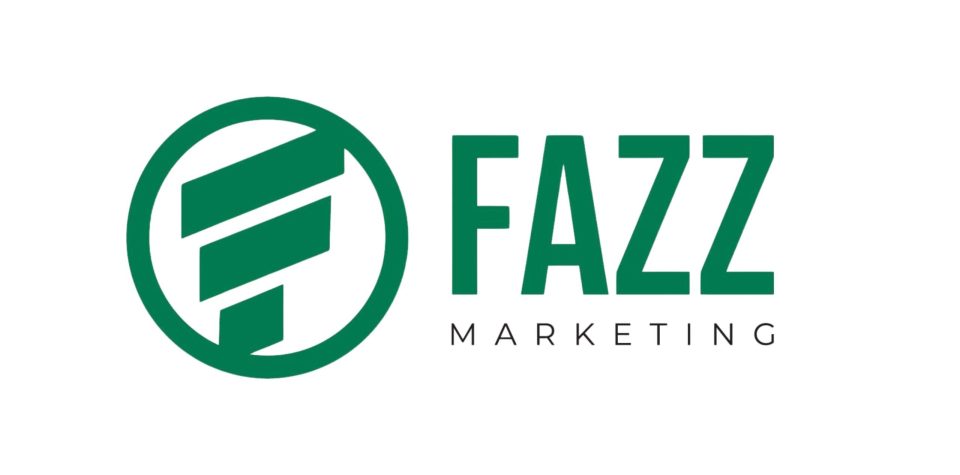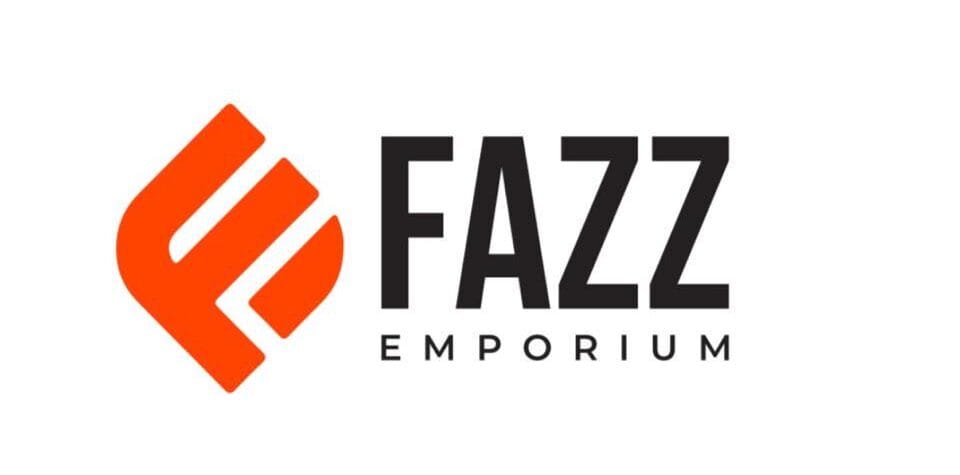Is your website loading slowly? Slow web hosting can drive visitors away, hurt sales, and impact SEO. This guide explains the causes of slow hosting and how to fix it
Common Causes of Slow Web Hosting
Understanding the root of the problem is the first step to a solution. Slow server performance isn’t always your fault; often, it’s the environment your site lives in.
- Overloaded Shared Servers: The most common culprit for small websites. Your site shares server resources (CPU, RAM) with dozens, even hundreds, of other sites. If a neighbor site gets a traffic spike, it can slow down everyone else on the server.
- Insufficient Server Resources (CPU/RAM): As your website grows, it needs more power. A basic hosting plan might not have the processing muscle to handle your traffic or complex plugins, leading to slow server response times.
- Poor Server Location: If your web host’s server is located far from your primary audience, data has to travel a longer physical distance, increasing load times. For example, a site hosted in the US will load slower for a user in Australia.
- Outdated Software and Hardware: Hosting companies that don’t regularly update their server software or use outdated hardware will inevitably provide slower, less secure hosting performance.
Image Suggestion: A graphic showing multiple websites (cubes) crammed onto one small server, with one website glowing red to represent resource overload.
How Slow Web Hosting Affects SEO, User Experience, and Conversions
The impacts of a slow website extend far beyond simple frustration. They directly hit your bottom line.

- Negative SEO Impact: Google has explicitly stated that site speed is a ranking factor. Slow websites are penalized in search results, making it harder for new customers to find you.
- Poor User Experience (UX): Modern users expect instant gratification. A 2-second delay in load time can increase bounce rates by over 100%. Visitors simply won’t wait around.
- Lost Conversions and Revenue: Every second counts. A one-second delay in page load can lead to a 7% reduction in conversions. For an e-commerce site, that translates directly to lost sales.
Real-Life Example: An online boutique noticed a 70% cart abandonment rate on mobile. After investigation, they found their mobile page load time was 9 seconds. By switching to a faster host and optimizing images, they reduced load time to 3 seconds and saw conversions increase by 25%.
Image Suggestion: A dual-image graphic. Left side: a frustrated user leaving a website. Right side: a happy user completing a purchase on a fast site.
How to Diagnose Slow Hosting Issues
Before you can fix the problem, you need to confirm that your slow web hosting is the issue. Use these free tools:

- Google PageSpeed Insights: Analyzes your content and provides specific suggestions for improvement for both mobile and desktop.
- GTmetrix: Breaks down your load time and provides a detailed waterfall chart showing each element that loads on your page.
- Pingdom Tools: Tests your site’s load time from multiple global locations, helping you identify if server location is a problem.
Look specifically for a metric called “Time to First Byte” (TTFB). This measures how long it takes for your browser to receive the first byte of data from the server. A high TTFB (over 500ms) is a strong indicator of slow server issues.
Image Suggestion: A screenshot of a GTmetrix or PageSpeed Insights report, with TTFB and key metrics highlighted.
Solutions and Tips to Speed Up Your Website
Ready to improve site speed? Here are actionable steps you can take, from quick fixes to long-term solutions.

1. Upgrade Your Hosting Plan
The most direct slow server fix is to move to a better hosting environment. Consider upgrading from shared hosting to:
- VPS Hosting: Your site gets dedicated resources on a virtual private server.
- Dedicated Hosting: You have an entire physical server to yourself (high-cost, high-performance).
- Managed WordPress Hosting: Hosting optimized specifically for WordPress, with built-in caching and security.
2. Implement Caching
Caching creates a static version of your site, so the server doesn’t have to generate pages from scratch for every visitor. Use a plugin like W3 Total Cache or WP Rocket for immediate performance gains.
3. Use a Content Delivery Network (CDN)
A CDN (like Cloudflare) stores copies of your site on a global network of servers. When a user visits, they get files from the server closest to them, drastically reducing load times.
4. Optimize Your Images
Large, unoptimized images are a major cause of slow loading. Compress images before uploading and consider using a plugin like ShortPixel or Smush to automate the process.
Internal Linking Idea: Link to a detailed blog post like “A Beginner’s Guide to Image Optimization for Faster Websites.”
Image Suggestion: An infographic showing the steps: 1. Upgrade Hosting, 2. Enable Caching, 3. Activate CDN, 4. Optimize Images.
Recommended Fast Web Hosting Options
If you’re considering a switch, here are some top-tier fast web hosting alternatives known for speed and reliability:
- SiteGround: Excellent for WordPress with superior customer support and built-in caching.
- Kinsta: A premium managed WordPress host powered by the Google Cloud Platform, offering blazing-fast speeds.
- WP Engine: Another leader in managed WordPress hosting, ideal for businesses that depend on their site.
- Cloudways: A flexible platform that lets you deploy your site on top of cloud providers like DigitalOcean and Vultr.
Internal Linking Idea: Link to a comparison post like “SiteGround vs. Kinsta: Which is the Best Host for Your Growing Blog?”
Conclusion: Don’t Let Slow Hosting Hold You Back
Slow web hosting is more than an inconvenience—it’s a business liability. It damages your SEO, drives away customers, and kills conversions. By diagnosing the issue, implementing solutions like caching and a CDN, and ultimately investing in a quality hosting provider, you can transform your site’s performance.
Your website deserves a foundation that allows it to thrive. Audit your site speed today, and if your hosting is the weak link, make the switch to a faster, more reliable provider. Your visitors—and your bottom line—will thank you.times, it will become second nature.
Struggling to log in to your WordPress website? Don’t stress! Our experts at Fazz Marketing are ready to assist you. Contact us today for quick and reliable support.


